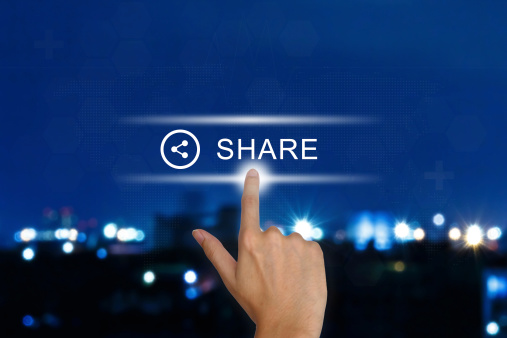
“When someone steals another’s clothes, we call them a thief.
Should we not give the same name to one who could clothe the naked and does not?
The bread in your cupboard belongs to the hungry;
the coat unused in your closet belongs to the one who needs it;
the shoes rotting in your closet belong to the one who has no shoes;
the money you hoard up belongs to the poor.”
– Basil the Great
Mark Stempeck’s latest Harvard Business Review (HBR) Blog Sharing Data Is a Form of Corporate Philanthropy got me thinking about data in yet another dimension.
For the past year or so, Guy Churchward, Stephen Manley and I have been focused on helping businesses change the way they think about data — the value they assign to it; the processes they use to better manage, access and protect it; the way they leverage it to support and develop lines of business, etc.
And I think we’ve done a pretty good job, painting the business and technology picture today as well as 10 years out. But one thing we haven’t talked much about is sharing data – that is, in the altruistic sense of the word.
With the Internet of Things (or Social Network of Machines) not only comes great power to accelerate business opportunities but also an opportunity (or even a responsibility) to share information to effect change globally.
In his post, Stempeck shares how organizations such as DMC International Imaging are using their data to help track the spread of locusts in Algeria; the City of Chicago is using its “urban data dashboard” called WindyGrid to help with urban management; and Twitter’s pilot Data Grants is opening up research data pools to subset of researchers to expedite knowledge collection. And this is just the beginning.
Think of all the opportunities the Second Machine Age will present in the areas of healthcare, retail, transportation and education. (If you haven’t read Guy’s blog series 5 Things My Kids’ Kids Won’t Know about Transportation, Retail and Healthcare, you should.)
Is sharing data a great idea? I think so.
Of course, before your company opens its data vaults, you’ll want to be sure to do some due diligence. After all, you don’t want to share your data with just anyone or everyone, and you don’t want to share it without the proper precautions in place. There are a lot of things to consider (many well outside the scope of this blog discussion), and protection is one of them.
For those interested in sharing your data, Stempeck has put together a high-level list of things to consider at the end of his post. I highly recommend reading it (as well as the full post). If nothing else, it is an interesting read, but it may just get you asking, who does the data in your data center belong to and for what greater good does your data exist?
And if you’re already sharing your data, tell us your story. We’d love to hear it.
Yep, it does matter.